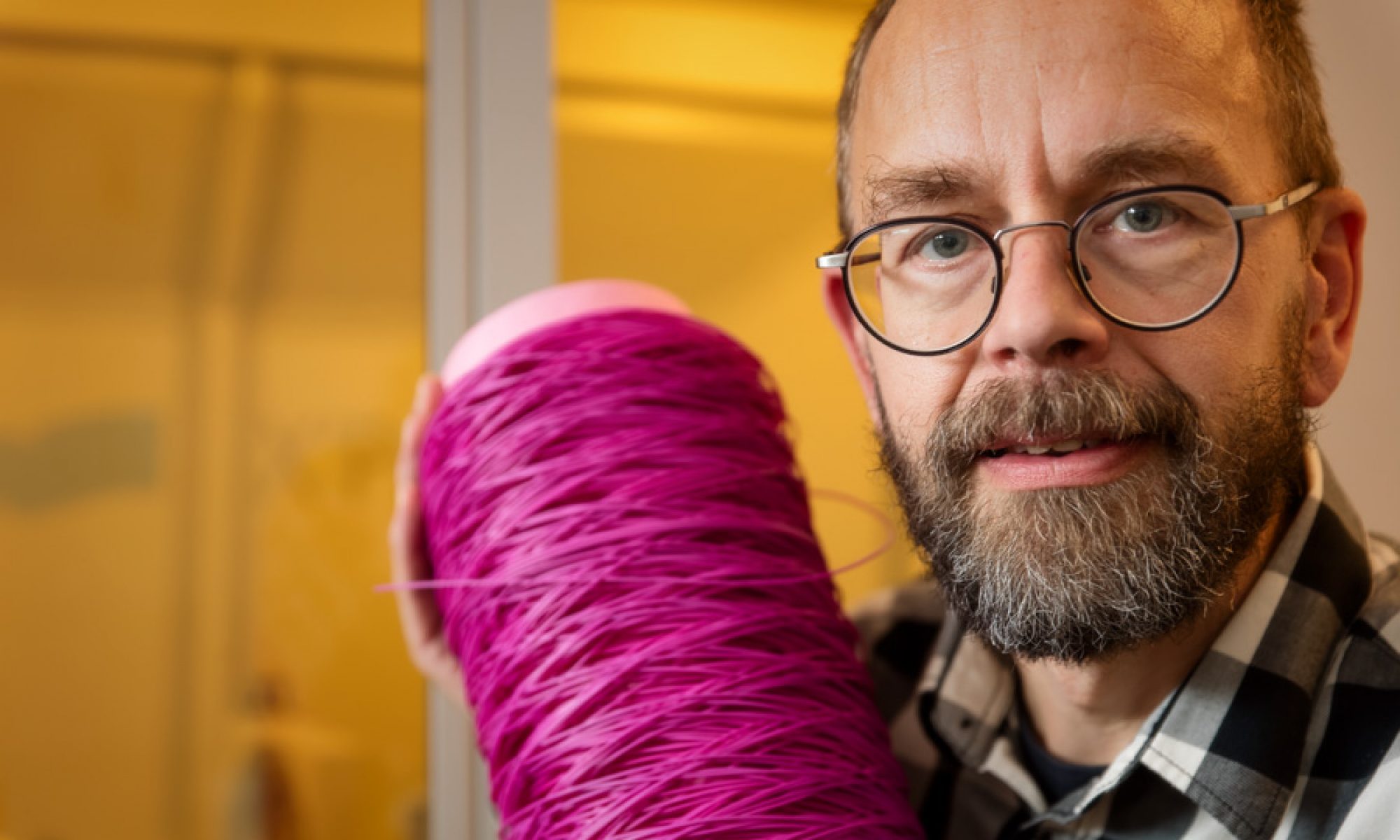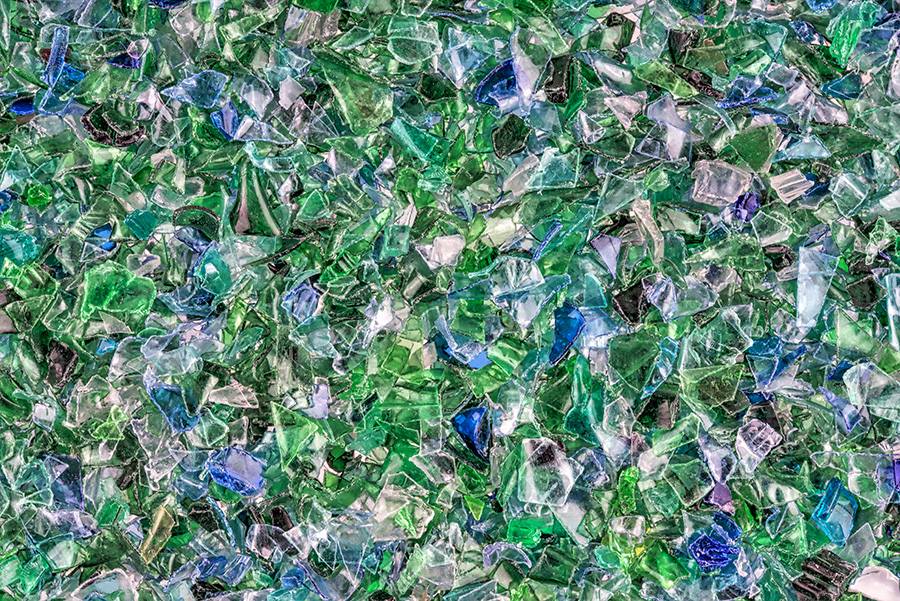The Northern Netherlands is a hotbed for innovative plastic recycling. There is a great deal of knowledge of and experience with the recycling of plastics, from depolymerisation to design to logistics and handling. We have everything in place to recycle all possible kinds of plastics. This can be done through mechanical, chemical or thermo-chemical recycling.
Mechanical recycling
Mechanical recycling (shredding PET bottles and turning the flakes into granulate) is the easiest way to re-use plastics. But the end product cannot be used in food packaging, unless – as is the case with PET bottles – there is a fully closed system without any contamination. Also, coloured plastics are a problem in mechanical recycling. The pigments stay in the granulate which makes it difficult to use in specific applications.
Chemical recycling
Chemical recycling, breaking polymers into monomers, is a solution to both problems. In Emmen, the companies Cumapol and Morssinkhof developed the CuRe technology a method of chemical recycling which turns coloured polyester into new polymers. Contaminations and unwanted pigments can be separated from the depolymerized plastics, creating virgin building blocks.This way, polyester carpets can yield new polyester fibres. This type of rPET yarn is now being produced in Emmen by polyester company Cumapol together with recycling company Morssinkhof. They can already produce different types of yarn for different products, from carpet fibres to ropes or ratchet straps. Other companies, most of them located in Delfzijl, convert polymers into even more basic building blocks.

